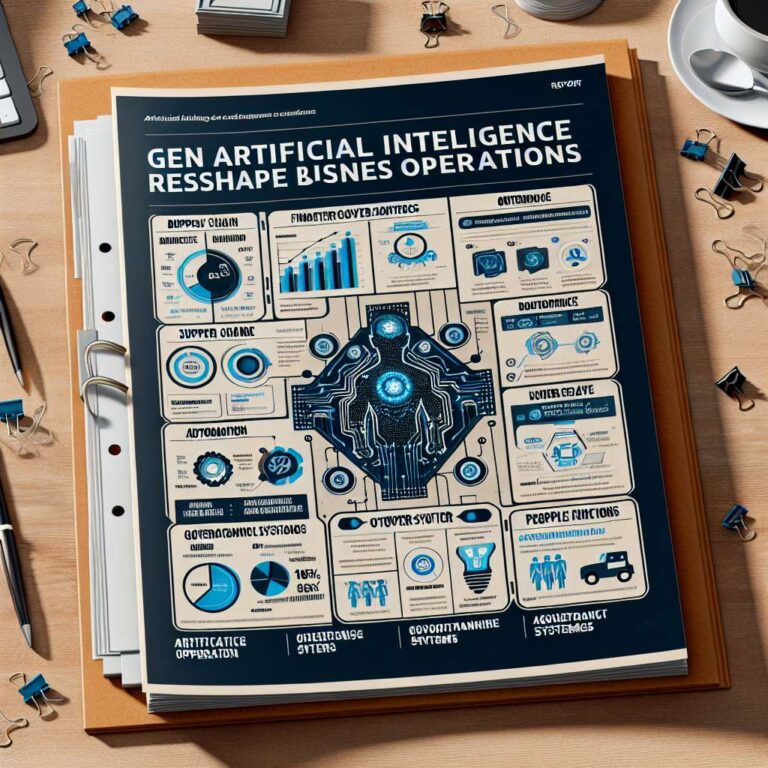Capgemini Research Institute’s report, Artificial Intelligence in action: How Gen Artificial Intelligence and agentic Artificial Intelligence redefine business operations, charts a rapid shift from pilots to production at scale, with organizations beginning to realize measurable returns. The study highlights an average ROI of 1.7x from Artificial Intelligence initiatives as enterprises apply the technology across supply chain, finance, customer service, and people operations. Reported benefits range from tangible cost savings to faster decision-making, with Artificial Intelligence increasingly positioned as a current performance driver rather than a future ambition.
Momentum is building around investment and returns. According to the report, 40 percent of organizations expect positive ROI from Artificial Intelligence within one to three years, with another 35 percent expecting returns in three to five years. Budgets are following suit: 62 percent of organizations increased Gen Artificial Intelligence spending in 2025, and 36 percent have set aside dedicated capital for these programs. Executives show a clear preference for proprietary models, with 77 percent citing better performance and integration as key reasons for their choice.
Agentic Artificial Intelligence adoption is also accelerating. The use of Artificial Intelligence agents, including multi-agent systems, has more than doubled in a year, with 21 percent of organizations now deploying them in operations. Production-scale deployments of these systems are expected to grow by 48 percent in 2025. Organizations report that agents are improving efficiency, accuracy, and customer satisfaction, underscoring how autonomous and collaborative agent workflows are becoming a practical lever for operational improvement.
The operational impact spans core functions. Capgemini notes cost savings of 26-31 percent across supply chain and procurement, finance and accounting, and customer and people operations. To capture these outcomes, the report lays out steps for building Artificial Intelligence-driven operations: establish a strong foundation of Artificial Intelligence readiness; prepare the workforce through change management and cultural transformation for smarter human-Artificial Intelligence collaboration; redesign processes to unlock the full potential of agentic Artificial Intelligence; maintain a clear focus on cost containment; and define a strategy to scale Artificial Intelligence across the enterprise. Intended for business leaders, technology decision-makers, governance teams, and investors, the report positions Gen Artificial Intelligence and agentic Artificial Intelligence as central to the next phase of operational performance.

